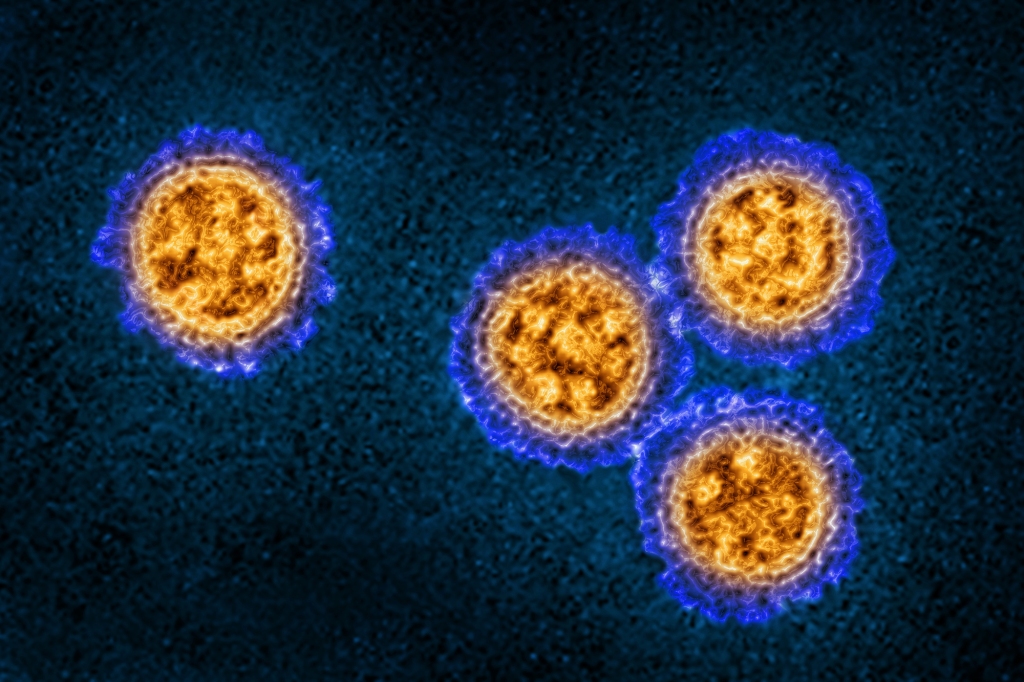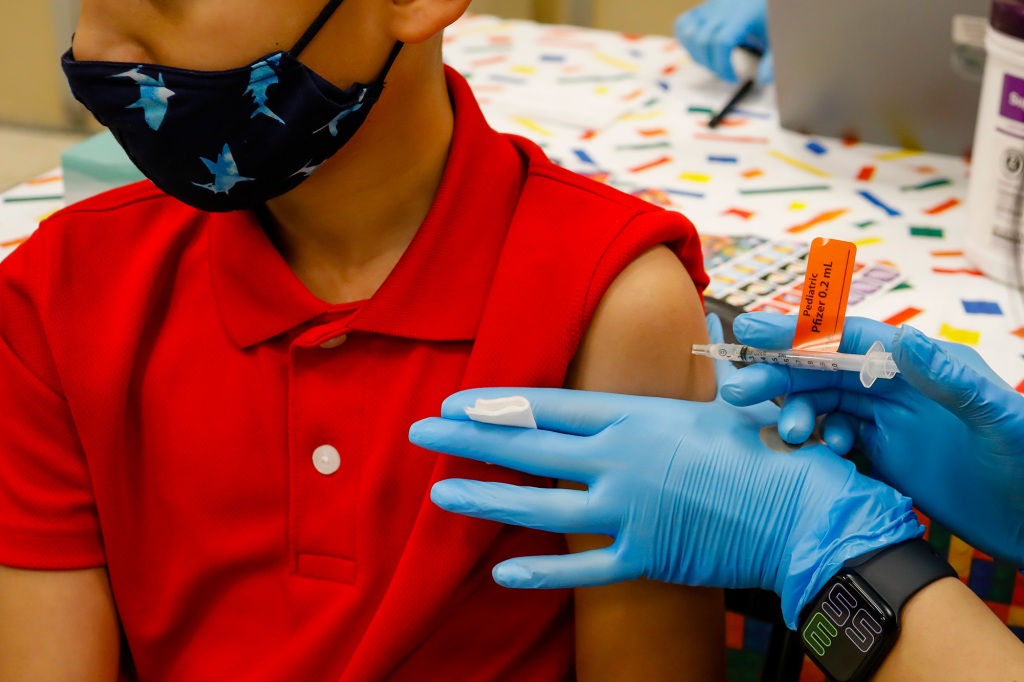How COVID restrictions could lead to more unusual illnesses
The world might be looking at an unfortunate new normal for how viruses spread.
Doctors and medical experts are seeing a bizarre return of diseases that were mainly on hiatus during the aggressive spread of COVID — and the general population, especially children, are susceptible due to a lack of naturally acquired immunity from isolating in the past few years, Stat News reported.
Medical experts are looking into the possibility of pandemic-born babies having less antibodies — particularly for respiratory illnesses — passed to them from their mothers, according to Hubert Niesters, a clinical virology and molecular diagnostics professor at the University Medical Center, in Groningen, Netherlands.
Even those born before COVID, who went through dramatic isolation by not attending in-person school or daycare, are showing noticeable changes.
While searching for antibodies in young children, an “infection honeymoon” was found in their blood tests, said another Netherlands medical scientist, Marion Koopmans.
“You really see that children in the second year of the pandemic have far less antibodies to a set of common respiratory viruses. They just got less exposed,” said Koopmans, who heads the department of viroscience at Erasmus Medical Center in Rotterdam.
Scientists are looking into a causality with children having less antibodies and the recent slew of hepatitis that’s infecting kids. It’s possibly caused from adenovirus type 41, an illness that can cause flu-like symptoms in patients. They are weighing the possibility that this highly infectious strand may be a result of weakened immunities.
“There is some suspicion that that could be going on with the hepatitis cases,” said Kevin Messacar, a pediatric infectious diseases specialist at Children’s Hospital Colorado.
“I think sometimes to connect the dots of rare complications of common illnesses you just need enough cases out there to start to put the pieces together,” he added.

Public health workers are also fearful of outbreaks stemming from vaccine-halted diseases due to so many children missing their routine vaccinations during the pandemic, according to Thomas Clark, deputy director of the division of viral diseases at the Centers for Disease Control and Prevention.
“We’re very focused on under-vaccinated children with routine childhood immunizations because it’s the set-up for introduction of measles. But then there have also been a lot of kids who haven’t gotten the usual kind of viruses they might have been exposed to.”
Since many children haven’t caught the bugs and illnesses they would have otherwise been exposed to at young ages, they might catch more severe cases as they age, according to Clark.
“Whether we will see that kind of thing over such a short period of time I think is a big question mark,” Koopmans said. “But I think it is certainly something that is worth really watching closely.”

She has also observed that after a one- or two-year low for flu transmission, there could be a notable lessening of those who have combative antibodies that would keep themselves protected.
She warned we could see a “bigger, more susceptible group in adults.”
In addition to lessened immunity, the loosening of COVID restrictions could have also contributed to the spread of diseases, for example, Monkeypox — a flesh-altering virus predominantly found in central and west Africa — that has become a cause for concern in Europe and the US.
“If you look at what’s been happening in the world over the past few years, and if you look at what’s happening now, you could easily wonder if this virus entered the UK two to three years ago, it was transmitting below the radar screen, [with] slow chains of transmission,” David Heymann, who chairs an advisory committee for the Health Emergencies Program at the World Health Organization, told Stat News.
“And then all of a sudden everything opened up and people began traveling and mixing.”
Still, there are other scientists, such as England’s Peter Brodin, professor of pediatric immunology at Imperial College London, who are quick to quell dramatic anxieties over these biological variants.
“I think we can expect some presentations to be out of the ordinary … Not necessarily really severe. I mean it’s not a doomsday projection. But I do think slightly out of the normal.
“I think once you’ve infected a number of people, herd immunity ensues and the virus goes away,” Brodin said about viruses in general. “We haven’t fundamentally changed the rules of infectious diseases.”
Read the full article Here


